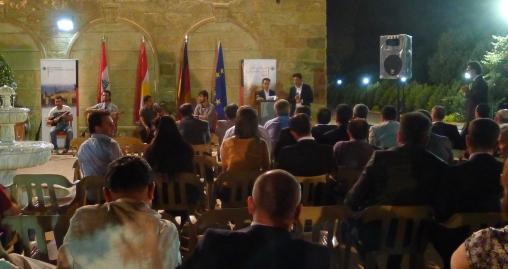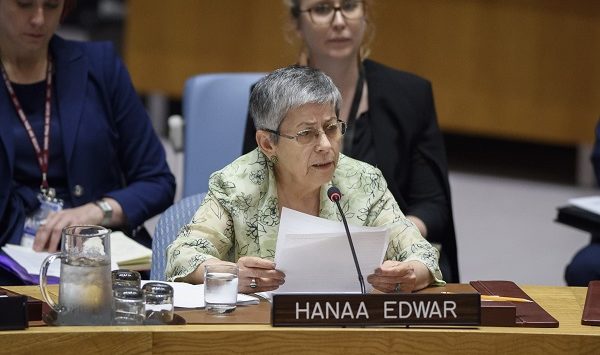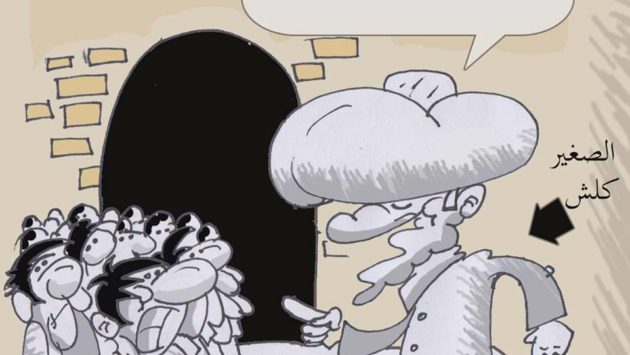All talk, No action: Iraqi Kurdistan’s New Freedom of Information Law Toothless!
Niqash | Erbil

Iraqi Kurdistan has a new freedom of information law. Despite being lauded by all local political parties, the law is almost a year old and has barely been used. At a recent meeting, journalists blamed politicians for wording the law in an imprecise way while MPs said the journalists were at fault.
It has been almost a year since authorities in Iraqi Kurdistan passed a law guaranteeing the right to access to information in the semi-autonomous region. However as a recent symposium on the law indicated, there are still plenty of hurdles that information-seekers must overcome before they can use it – and that is, if they use it at all.
Journalists present at the symposium, held last Thursday in the region’s capital, Erbil, were also quick to question attending politicians about the imprecise language used to outline exemptions – that is, when information cannot be accessed because it relates to military matters, negotiations, personal medical histories or other factors.
Iraqi Kurdistan’s Parliament passed the legislation in June 2013 and although almost all of the laws passed through the regional parliament – Iraqi Kurdistan is semi-independent of Baghdad and has its own legislation, military and borders – are contested by one or other political party, nobody had any objections to this particular one. It seems that all of Iraqi Kurdistan’s politicians agree on the right to information.
The law stresses the right to access to information for all locals in Iraqi Kurdistan as well as to foreigners. It says that government institutions should give information requested within ten days unless the information falls into one of the exempted categories. Should the information not be forthcoming, there are financial penalties.
At the symposium, which was organised by local media training organization, the Media Academy Iraq, and held on the premises of the German consulate in Iraqi Kurdistan, local politician Asso Karim, who headed the parliamentary committee on media and culture during the previous Parliamentary session and who was one of the prime movers behind the law, said that the law was important and unique in the country; Baghdad doesn’t have such a law.
At the same symposium, Rahman Gharib, who coordinates the activities of the Kurdish media rights watchdog, Metro Centre, stressed that even though the law had passed, it was now the responsibility of the next regional government to ensure it was implemented and abided by. Iraqi Kurdistan has just held regional elections and will see the government change hands, once senior positions have been agreed upon.
One of the things that was pointed out by speakers at the symposium was the fact that, despite the existence of the law, no journalists had yet used it. In fact, another former MP, Srour Abdul-Rahman, who had also been on the parliamentary committee for culture and media, said that journalists needed to take some responsibility for the use and application of the law themselves.
“If there is a delay in the implementation of this law then it is the journalists themselves who should be blamed,” Abdul-Rahmen said. Despite several journalists making complaints about how they had not received information, Abdul-Rahmen told the crowd that: “I have yet to see any official complaints made by journalists even though they have the right to complain.”
Some of the biggest sticking points between assembled journalists and politicians were the exemptions in the law. These were far too broad, many said. Exemptions include intelligence and military information as well as information that could be part of negotiations between two parties. Journalists were quick to jump on the negotiations paragraph, saying this could mean any number of things, including, potentially, secret deals done between Baghdad and Iraqi Kurdistan.
Many of those attending felt that the exemptions needed to be re-formulated by the new government because they gave local authorities too many easy excuses not to hand out requested information.




